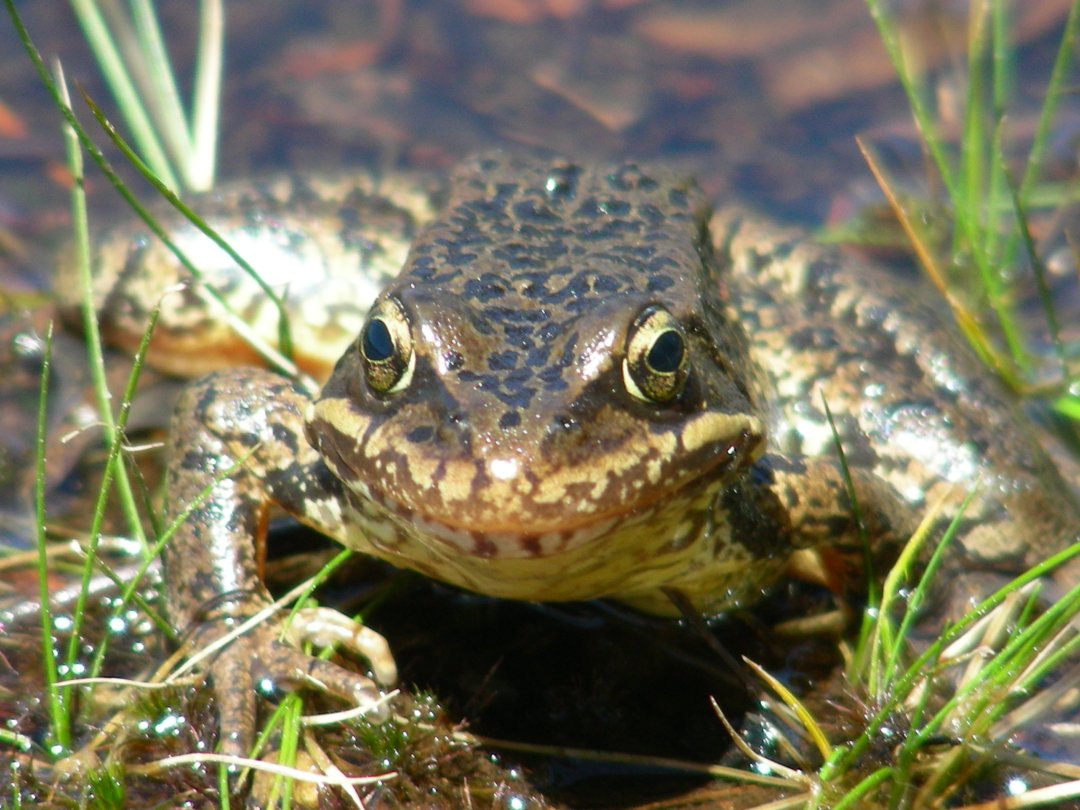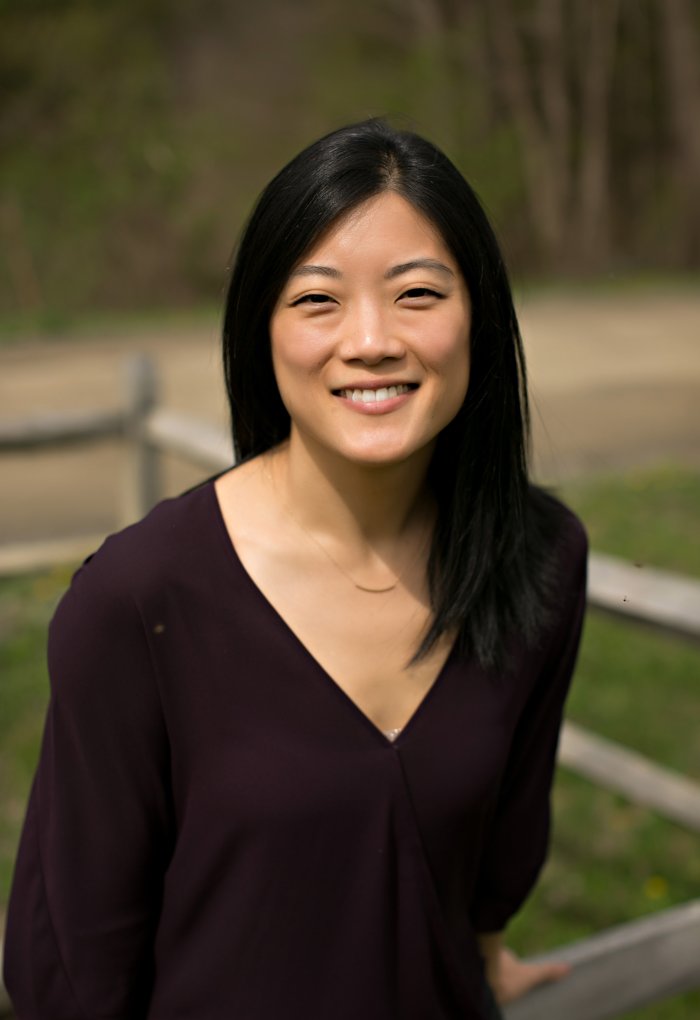A scientist shaped by Oregon State
Oregon State is a cornerstone of Han’s journey from curious child to leader in global disease prediction.
While completing her undergraduate degree in biology at Pepperdine University, Han traveled to Costa Rica as part of an international program studying the biological conditions of the country’s tropical environment. It proved one of the most important experiences in her scientific career because OSU Distinguished Emeritus Professor Andy Blaustein, who would later become her Ph.D. advisor, was part of the program.
His lecture on amphibian behavior and infectious disease sparked a fascination that would define her career.
“We were at the leading edge."
At OSU, Han joined Blaustein’s lab at the forefront of amphibian disease ecology. Her doctoral research focused on a newly emerging pathogen devastating frog populations around the world — a project that echoed her childhood encounter by the stream.
“We were at the leading edge. This was a pathogen that nobody knew much about so every discovery felt new. It taught me how to be used to discomfort,” she said.
The College of Science’s interdisciplinary environment encouraged her to branch out, taking courses in veterinary medicine and collaborating across departments. “OSU let me mix the ingredients in a way that was most true to me and also take that research forward in new directions,” she said.
Her time in Corvallis is filled with fond memories of fieldwork with Blaustein lab members, learning how to catch frogs, collect eggs and wade in ponds with seemingly no bottom. She also learned skills that went beyond the classroom.
“Andy is an exceptional science communicator. He’s naturally gifted at that, and I remember him coaching all of his students. I think that’s part of the reason that I communicate science the way I do. His training was instrumental,” she said.
After earning her Ph.D., Han broadened her expertise beyond fieldwork. She completed a National Science Foundation fellowship at the University of Georgia, learning mathematical modeling, followed by a National Institutes of Health fellowship focused on machine learning for infectious diseases. Each stage of training pushed her beyond her comfort zone and prepared her to connect disciplines that rarely intersect.
Han has been at the Cary Institute of Ecosystem Studies in Millbrook, New York, for 11 years. The institute is one of the world’s leading independent not-for-profit environmental research organizations.







